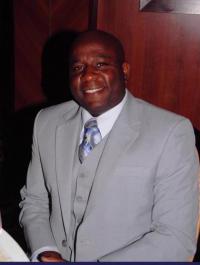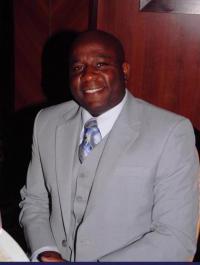Haiti Place
“We must first understand how Haitians view the Diaspora"
Article Information
- ARTICLE_POSTED_BY: Haiti Place Staff
- ARTICLE_POSTED_ON: May 07, 2015
- Comments : 1
- Views : 944
- Likes : 3
- Category : Other
- Description : Since the tragic earthquake of 2010, members of the Diaspora from all over the world have been more active than ever in trying to help Haiti rebuild. They have started non-profits, run humanitarian projects, donated funds, advised, volunteered, etc. Their contribution has been significant, but five years later Haiti doesn't seem to be advancing as fast as we would want it to.<br><br>The obvious questions are: Are we doing the right things? Do we take into account the sustainability component? Are we thinking long term?
Overview
- Since the tragic earthquake of 2010, members of the Diaspora from all over the world have been more active than ever in trying to help Haiti rebuild. They have started non-profits, run humanitarian projects, donated funds, advised, volunteered, etc. Their contribution has been significant, but five years later Haiti doesn't seem to be advancing as fast as we would want it to.
 Leonce Jean-Baptiste
Leonce Jean-Baptiste
The obvious questions are: Are we doing the right things? Do we take into account the sustainability component? Are we thinking long term?
We have had a conversation with Leonce Jean-Baptiste, Healthcare management expert, an active member of the Haitian Diaspora, founder of the Haitian Association of Indiana, and the person who carried on various educational and medical projects in Haiti.
How Haiti views its Diaspora
Leonce believes that the Diaspora has to better understand how people in Haiti view them, and change its approach. Often times Haitians living abroad are sincerely trying to help, but don't involve enough the local people in decision making and running the projects.
"We need to walk hand-in-hand with them (Haitians) so that they can improve along with us on a system that we are trying to change," said Leonce Jean-Baptiste.
"Whatever we do, we have to make sure that we take into context their feelings, their understanding, their take of the country, their social attitude towards new technology, etc."
Also, Leonce noted that there may be a big gap between the level of education and achievements of Haitians in Haiti versus those living abroad. This may create another barrier between the two groups.
"They may ask themselves: ‘So, you are going to come here and act like a white man and teach me, and also tell me that you are better than me?’
I think there are some resentments that we need to recognize. And the faster we can recognize that, the faster it forces us to work head and shoulders with them. If we know emotionally who these people are, I think we can then connect with them better and invite them to work with us. We can recognize the strengths they have, and acknowledge that they are just as equally smart as we are," said Leonce.
Sustainability through Education
When it comes to healthcare, as well as other fields, you cannot achieve long term results if you don't invest in education.
"When we have a transfer of technology, that must happen through a transfer of knowledge. The folks that are coming from the US with a set of knowledge need to find a way to nurture folks in Haiti who want to pursue their education further in the medical field and other fields,” said Leonce Jean-Baptiste.
"I think it's a conversation that we need to start having right now, and impress upon people who are providing medical services to Haitians, which is tremendous. But how do we then build the capacity so that Haitians themselves can start taking over and providing those services themselves?”
